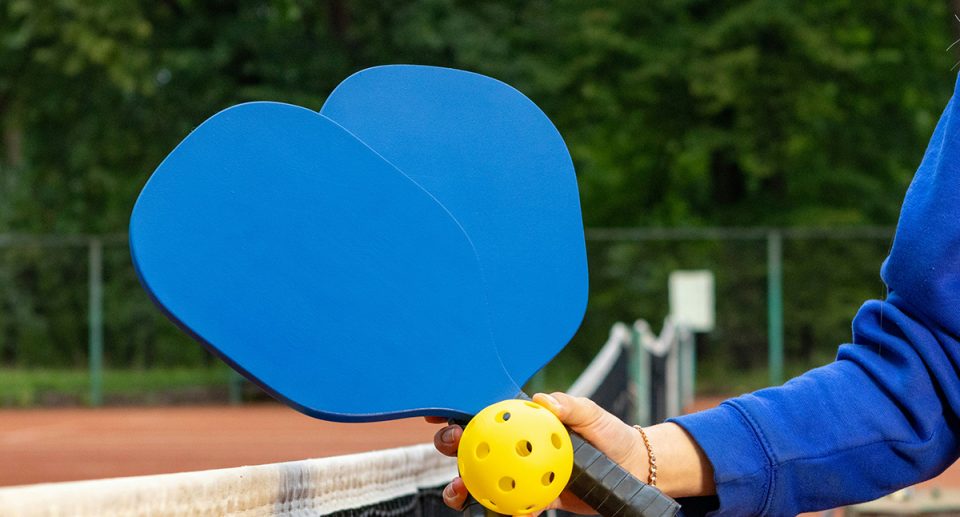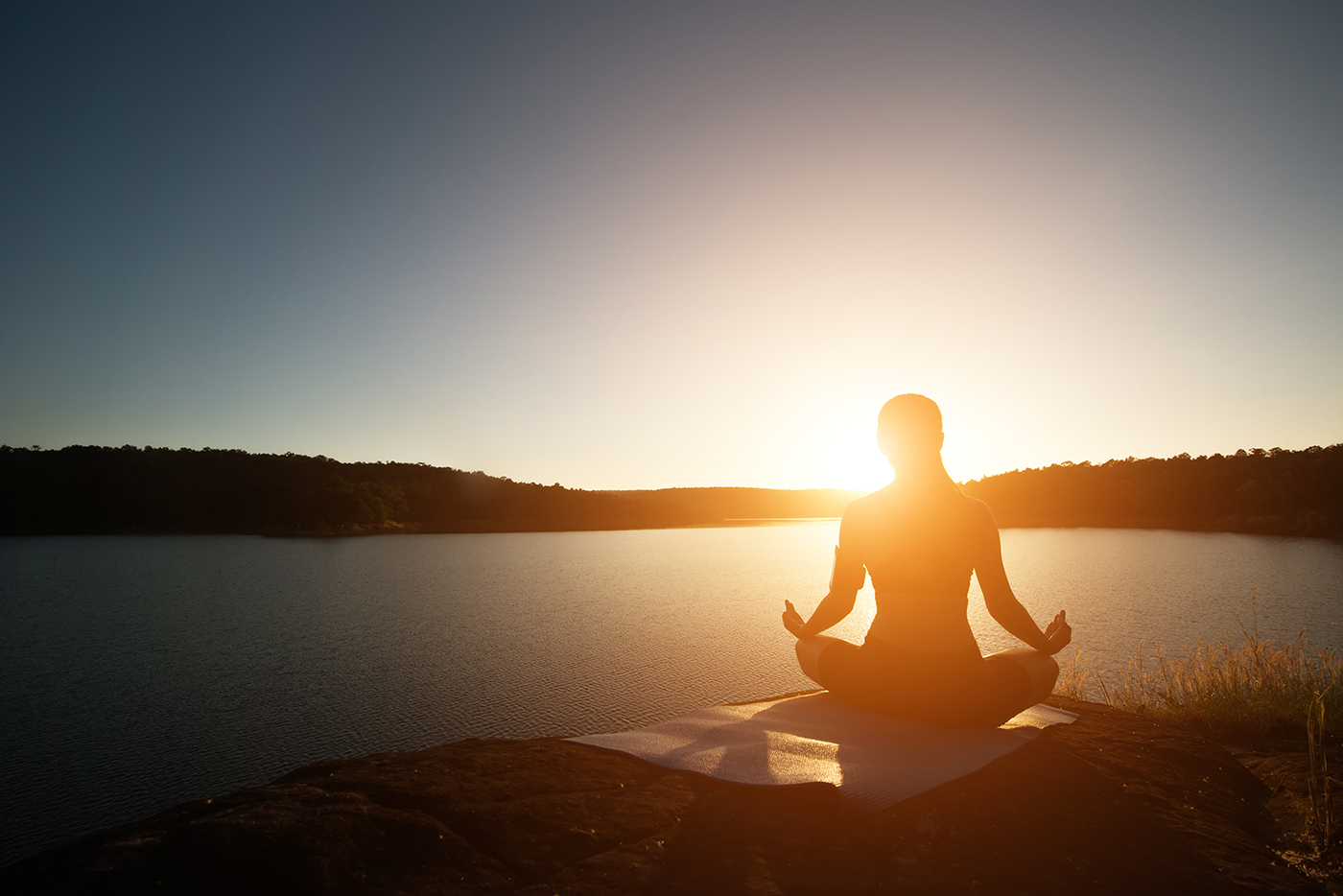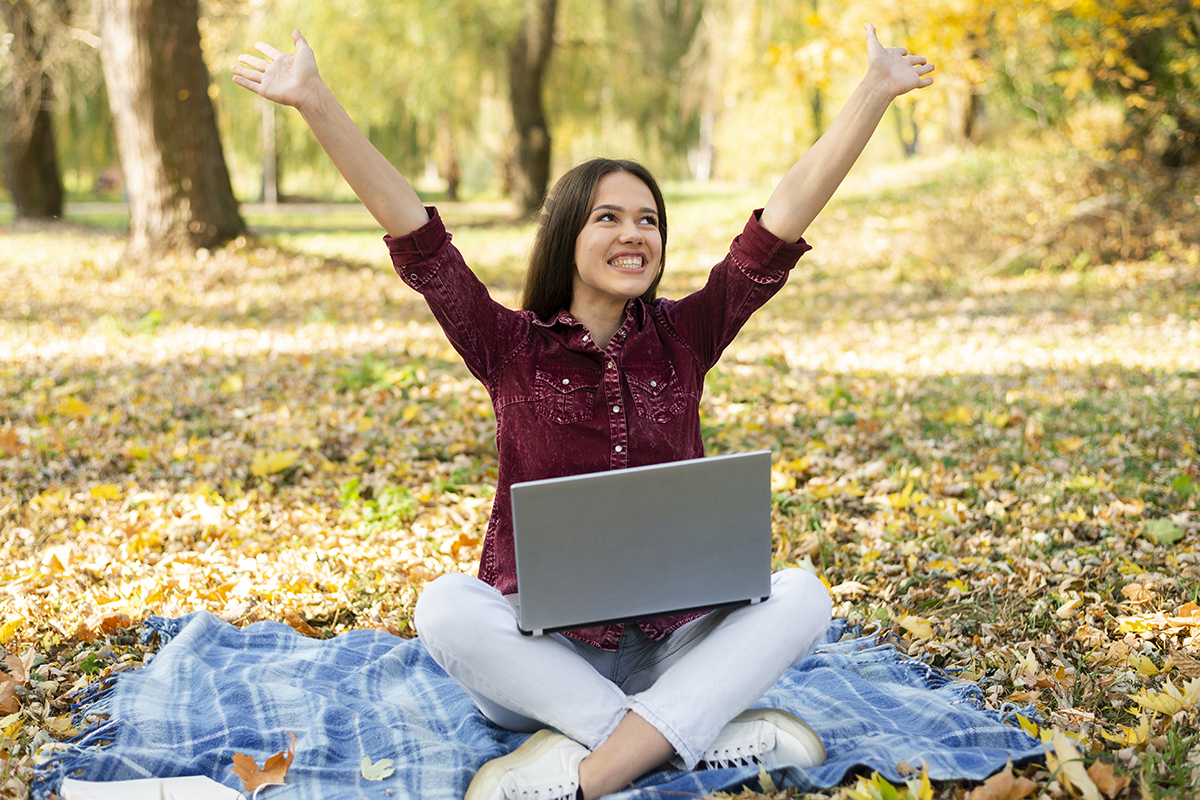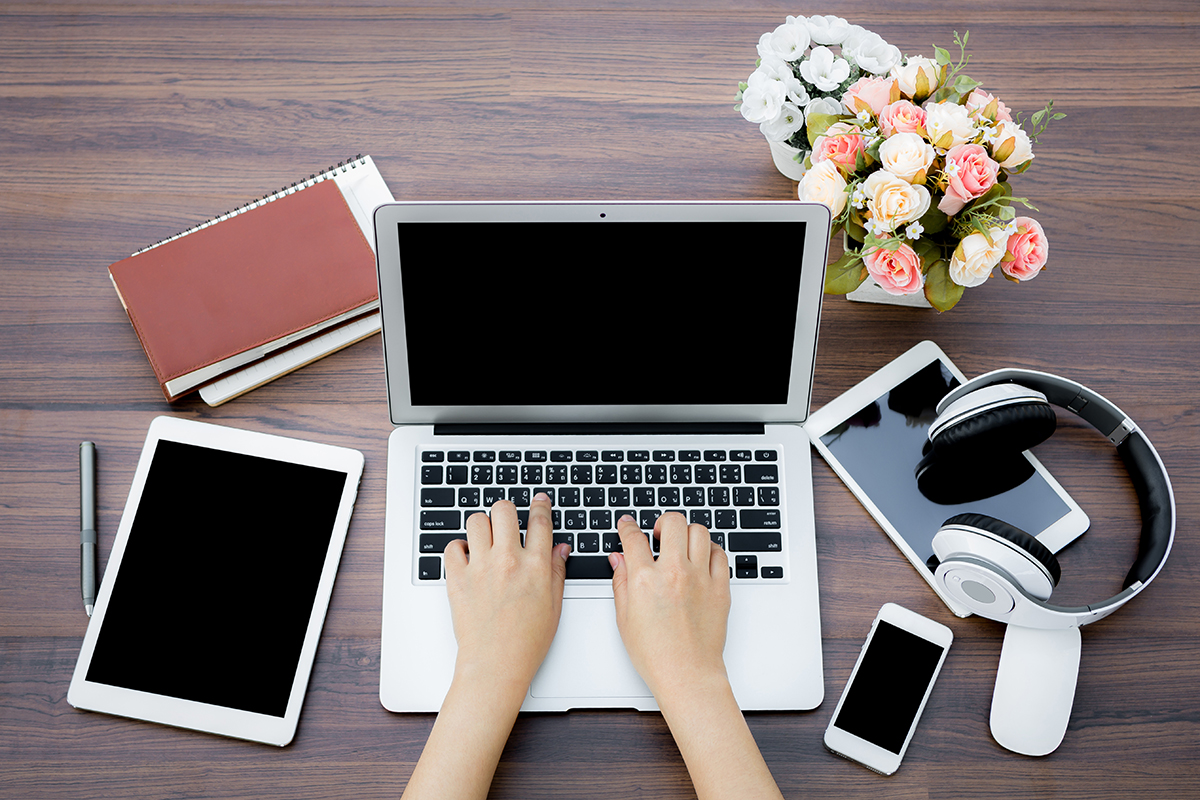What is stresslaxing, and who does it impact?

If you’ve ever tried to relax and unwind only to end up feeling stressed and anxious, you’re not alone. Experts say ‘stresslaxing’ is a real phenomenon, where efforts to decompress can make us feel guilty and uneasy.
This is a common issue that can affect anyone, and unfortunately, there is no one-size-fits-all solution. However, there are strategies to help mitigate these unpleasant feelings.
What is stresslaxing?
Stresslaxing refers to the experience of negative emotions during a period of relaxation. Clinically known as relaxation-induced anxiety (RIA), this paradoxical situation has both psychological and physiological roots. For those accustomed to high stress levels, attempts to relax can trigger anxiety and agitation due to their nervous systems being in a state of over-activation, having adapted to constant alertness.
Studies have shown that while relaxation techniques are meant to reduce stress, they can initially increase stress in individuals with high anxiety levels, who may feel overwhelmed by the need to ‘do it right.’ Societal and self-imposed pressures to be productive at all times can interfere with the ability to relax, creating a cycle where attempting to relax becomes a new source of stress.

RIA can affect anyone, but it’s most common among high-achievers, perfectionists, those used to constant productivity, individuals with existing anxiety issues, and people facing daily stressors and pressures. This can cause the brain to perceive downtime as uncomfortable and even trigger a fight-or-flight response.
How to manage stresslaxing
While anxiety and stress are often beyond our control, there are practices that can ease these negative feelings. A healthy diet and regular exercise are beneficial for mental health, but they aren’t the only remedies.
Try practicing mindfulness
Many experts recommend mindful breathing exercises to ease stresslaxing, as these can help reset the nervous system and provide a palpable sense of calm. Engaging in practices such as yoga and meditation, which are based on these principles, can help integrate mindfulness into your routine.
Check out this quick and helpful video to try the 4-7-8 breathing method, one of many breathing techniques designed to place the mind and body in deep relaxation.
Spend just five minutes each day practicing mindfulness. Focus on your breathing and surroundings without judgment. This practice increases awareness and presence, gradually reducing stress.
Another mindfulness technique is grounding. Focus on the physical sensations of your environment, like touching a textured object or listening to nature’s sounds. This helps redirect your attention from stress to the present moment.
Prioritize your favorite hobbies
Engaging in activities you genuinely enjoy can divert your mind from stress. Consider getting a massage, having a mani-pedi, going to the movies, or reading a book. Fun and enjoyable activities promote relaxation and reduce stress.
Creative activities like painting or writing also help. They offer a mental escape from daily pressures, promoting relaxation.
Try Progressive Muscle Relaxation (PMR)
PMR can help reduce stress and anxiety by systematically tensing and relaxing different muscle groups. This exercise eases physical tension and promotes overall relaxation.
By focusing on the sensations of tightening and releasing muscles, you can manage anxiety and improve relaxation. If you’re interested in trying PMR, follow along with this guided video:
Practice time management
The ‘Do It, Delay It, Delete It, or Delegate It’ method involves categorizing tasks into those you must do immediately, those that can be delayed, those that can be deleted, and those that can be delegated.
By prioritizing and organizing tasks, you can reduce the overwhelming feeling of a never-ending to-do list, creating more time for relaxation.
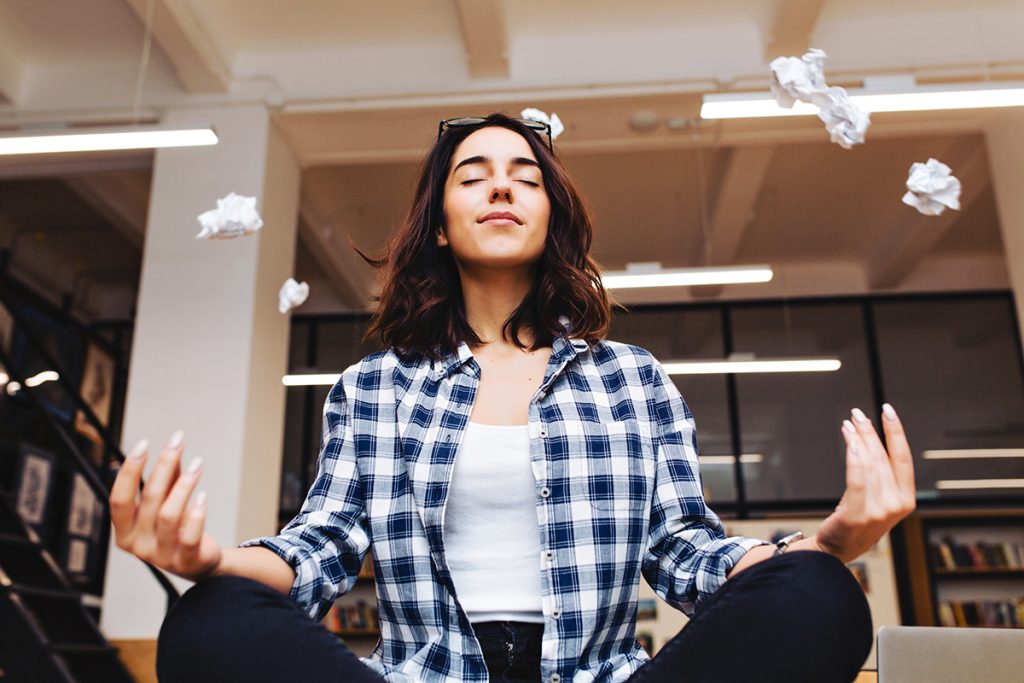
Listen to your body
Don’t force yourself to engage in traditional relaxation techniques if they don’t work for you. Easing anxiety is not one-size-fits-all, so focus on activities that help you personally.
In stressful times, make sure you’re doing something that genuinely relaxes you. Many people lean into activities like meditation and reading, but sometimes what you need is a good TV show binge.
Healthy relaxation techniques are important, but sometimes comfort is what you need to truly relax.





